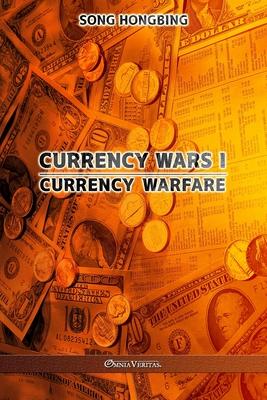
Even though people have gradually forgotten the gold behind the paper money receipts in the long process of being brainwashed, gold, after all, restricts the over-issuance of receipts, because when there are too many receipts, sooner or later people will be interested in the gold that these receipts can claim. Bankers, as the rule makers of the money game, did not like gold as collateral for paper money, either because it was not enough to satisfy the inflation of paper money desires, or because it did not generate interest income. The idea that bankers would prefer to replace gold with an asset that would never run out and would be viable is a tempting one, and after 1971, the demonetization of gold was in fact an unequal treaty unilaterally imposed on others by the rule-makers of the money game. Thus, we were introduced to an entirely new form of money: sovereign credit money.
Even though people have gradually forgotten the gold behind the paper money receipts in the long process of being brainwashed, gold, after all, restricts the over-issuance of receipts, because when there are too many receipts, sooner or later people will be interested in the gold that these receipts can claim. Bankers, as the rule makers of the money game, did not like gold as collateral for paper money, either because it was not enough to satisfy the inflation of paper money desires, or because it did not generate interest income. The idea that bankers would prefer to replace gold with an asset that would never run out and would be viable is a tempting one, and after 1971, the demonetization of gold was in fact an unequal treaty unilaterally imposed on others by the rule-makers of the money game. Thus, we were introduced to an entirely new form of money: sovereign credit money.
Paperback
$28.00